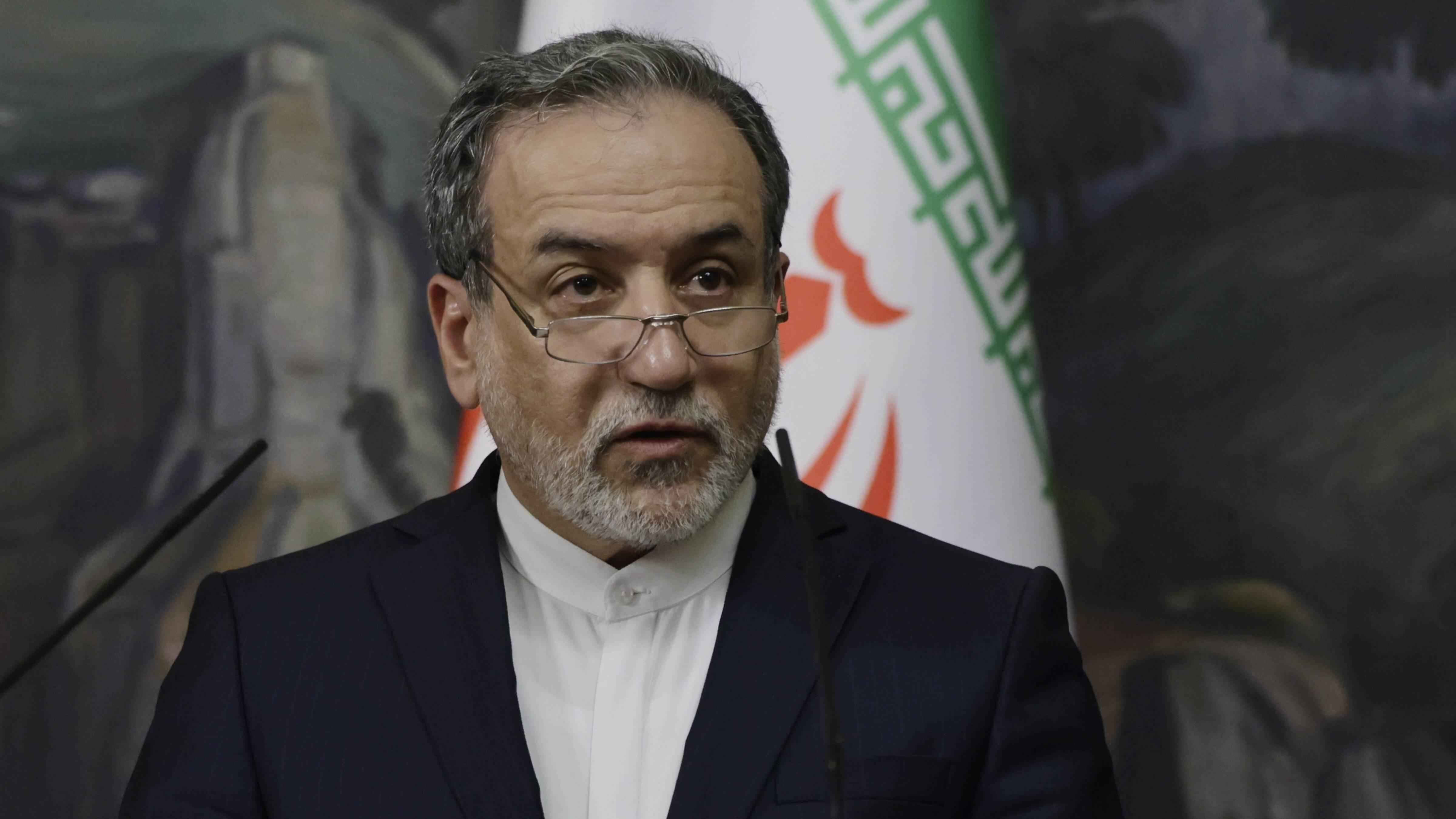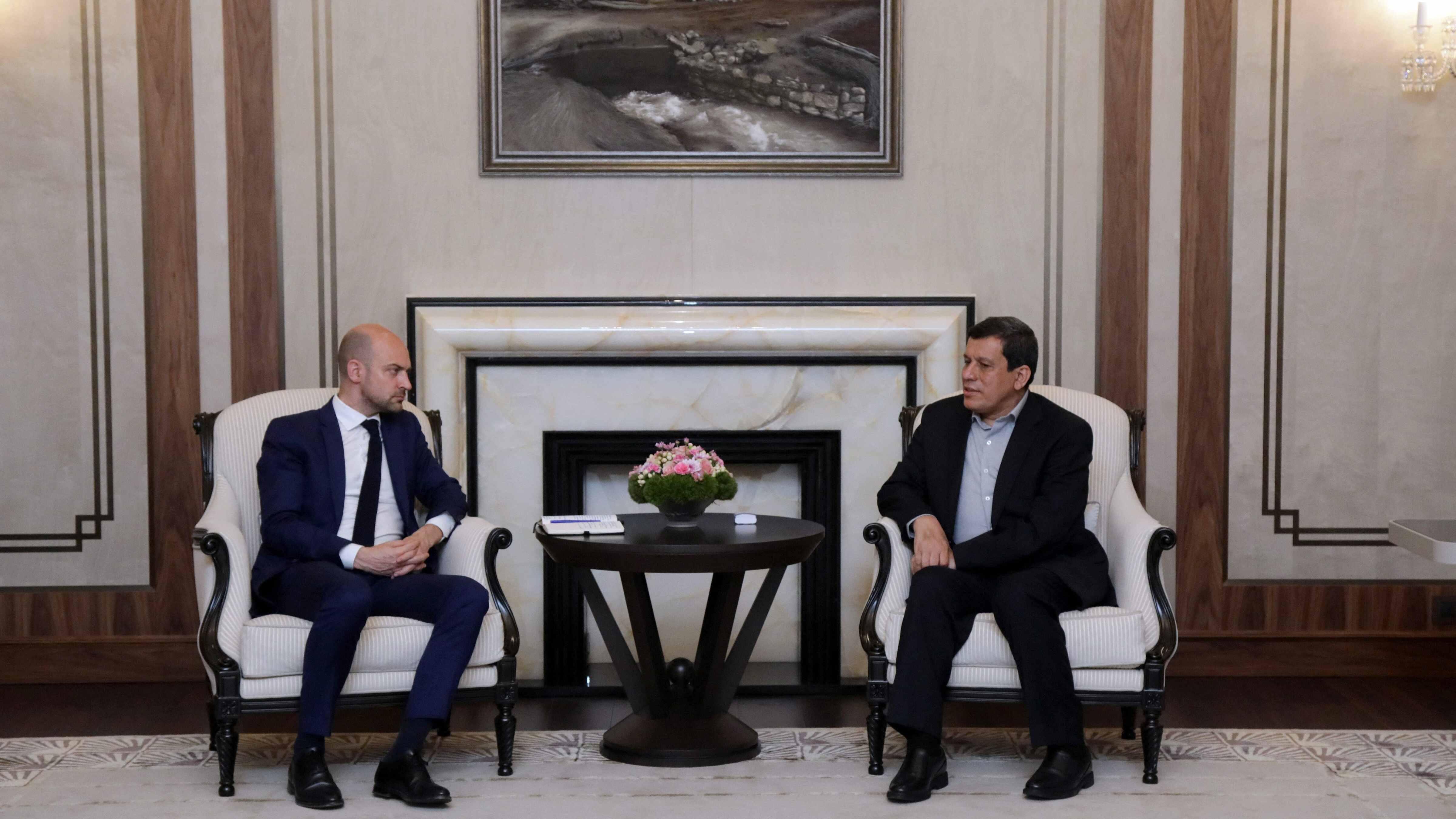Turkey’s war of perceptions
Members and supporters of the Justice and Development Party (AKP) continually repeat the claim that there is what they call a “perception operation” against President Recep Tayyip Erdoğan and the government of Prime Minister Ahmet Davutoğlu.
They maintain that everything in the country is on track, and as good as it can be, but there are quarters with nefarious intents at home and abroad trying to undermine this by presenting a negative picture of developments in Turkey.
The truth, however, is that it is the AKP that is trying to manage perceptions. The plummeting value of the Turkish Lira is a case in point. There are objective economic reasons behind this. But for the AKP, this is the result of an international “interest rate lobby” and its domestic collaborators.
This lobby has allegedly been influencing developments negatively since the Gezi Park protests in 2013, and is also said to be in cahoots with the Gülenist “Parallel Structure,” which has been trying to topple the AKP government through underhanded methods.
Another example with regard to the AKP’s attempt at trying to manage perceptions is the claim by a woman in an Islamic headscarf that she was attacked in Istanbul during the Gezi Park protests – while pushing her baby in a pram – by a crowd of 70 to 100 semi-naked men with black gloves who were also wearing bands across their heads.
Erdogan and AKP supporters have accepted her claim as gospel truth and continue to hit at liberals and Kemalists with this, despite the lack of any police evidence to corroborate the alleged incident. Hürriyet reported yesterday that 2,560 hours of recordings from CCTV cameras covering the place where the alleged incident took place had been surveyed by the police and had produced nothing to prove the claim.
The paper said arrests had nevertheless been made based on the woman’s claim. The topic has resurfaced and is being heatedly debated again. “I thought it was the woman’s declaration that was paramount in these cases,” Erdogan recently told a crowd of supporters, trying in this way – some would argue cynically – to capitalize on the publicity that violence and molestation against secular women has been receiving of late.
What Erdoğan is basically saying is that if the women with the pram says she was attacked this should be accepted as the truth, even if she is lying. This is truly odd coming from someone who supports the claim that there is a “perception operation” against the government.
It also proves that it is only the AKP’s perception of things that Erdoğan and his supporters want to be considered as valid, even if the perception is blatantly untruthful. The same applies to a host of other issues, from claims about an interest rate lobby to the argument that the draconian internal security package the government is currently trying to push through parliament will advance Turkish democracy.
Everyone is free to believe what they want. If I want to believe that the world is flat or that the sun will melt tomorrow, that is up to me and it really makes no difference if I can convince anyone or not. If, however, I try to impose this belief on others as an incontrovertible truth, and try to manage their lives accordingly, then it does matter and has to be opposed.
Trying to manage perceptions is not new to Turkey, of course. Governments before the AKP came to power, and the elites they represented tried to impose their own worldview on society, also in less than democratic ways. Many of today’s problems are a result of that.
Instead of underlining this and proving that they do not intend to do the same, the AKP has preferred to do exactly the same, while pretending not to be doing so. The methods of the “New Turkey” are therefore no different than the ones of the “Old Turkey.” The only difference is a change from one restrictive paradigm to another.











